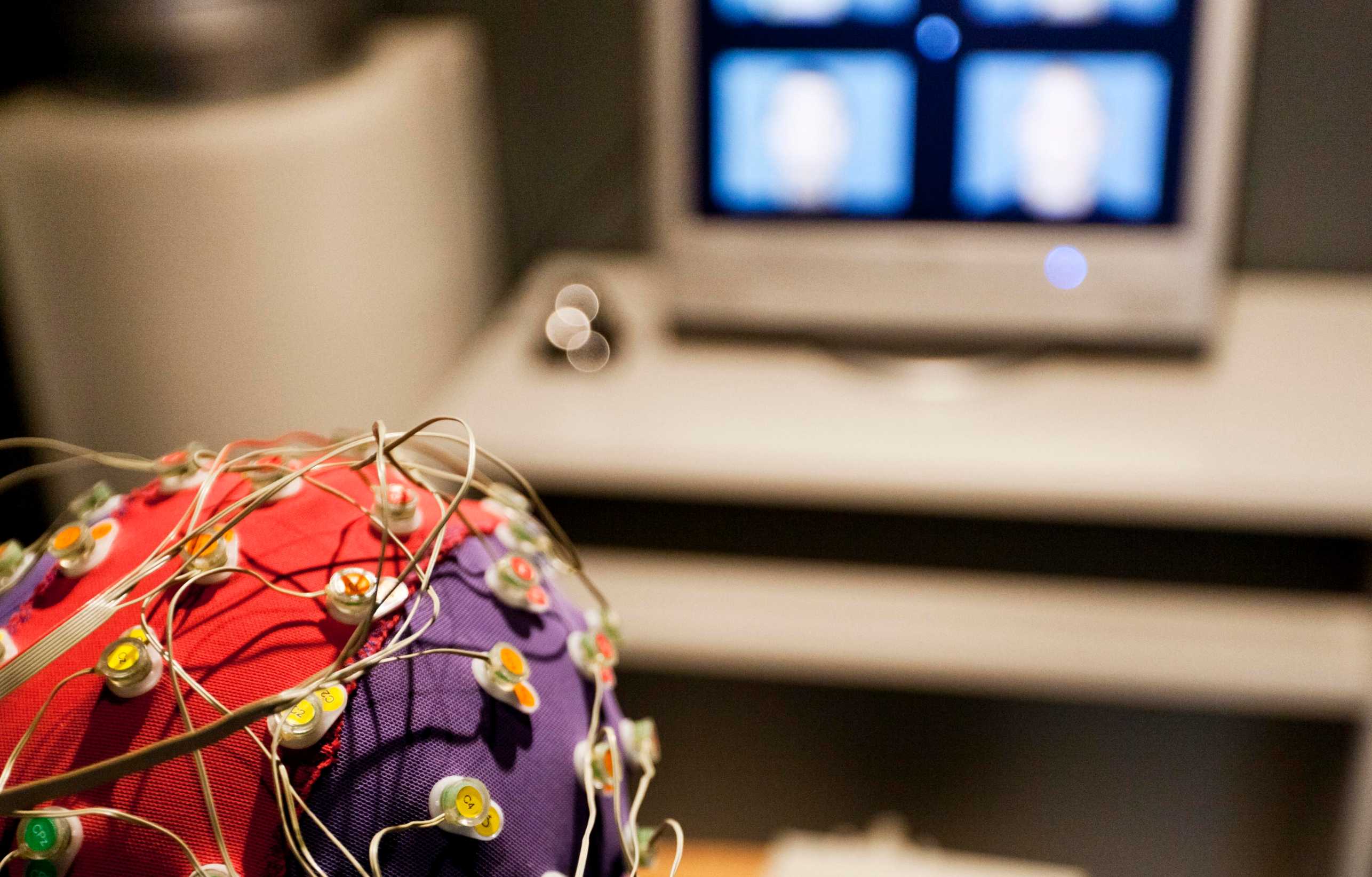Laboratories
Researchers in the field of behavioral studies can make use of two experimental laboratories that are suitable for studying behavioral issues on an experimental basis.
Decision Science Laboratory
The Decision Science Laboratory (DeSciL) is used to explore aspects in the folds of sociology as well as decision science and behavioral game theory and serves to collect socio-scientific behavioral data.

A multifunctional test station for research in behavioral studies
The laboratory’s design allows for a broad area of application and offers great flexibility. Aside from behavioral experiments that can be conducted in three individual rooms, experiments outside of the lab as well as online are possible, too.
Broad range of issues
At DeSciL, up to 36 participants can attend a session at the same time by making decisions interactively with or against others via computers. The hitherto existing studies cover a broad range of issues.
- Opinion dynamics
- Donation dynamics
- Reputation and confidence building
- Signaling
- Political participation
- Forming of social networks and social norms
- Dynamic investment decisions
- Temporal and spatial dilemmas
Address DeSciL
ETH Zürich
Decision Science LaboratoryHaldeneggsteig 4
IFW A Room 25-29
8092 Zürich
Schweiz
Neurolab
In the Neurolab, researchers investigate questions from the field of Research on Learning and Instruction, e.g. on issues of brain activation patterns that form the basis for different skills and learning processes.

Focus on intelligence
The first core area investigates how brain activation of gifted people differs from that of less gifted people and if an efficient use of the brain (e.g. via training programs) can be acquired. Research focuses on cognitive skills (intelligence), which are important for scholastic learning.
Focus on problem solving
The second area of research focuses on brain activation when solving problems of mathematics, computer science, natural sciences and technology.
Insights into thought processes
The data from the Neurolab obtained by the Chair for Research on Teaching and Instruction complement the results from behavioral studies and can thus provide additional insights into thought processes.
Further details: www.ifvll.ethz.ch
Address Neurolab
ETH Zürich
Haldeneggsteig 4
IFW B 31
8092 Zürich
Schweiz
Contact person Laboratories
Head of Decision Sciences Laboratory
Decision Sciences Laboratory
Haldeneggsteig 4
8092
Zürich
Switzerland